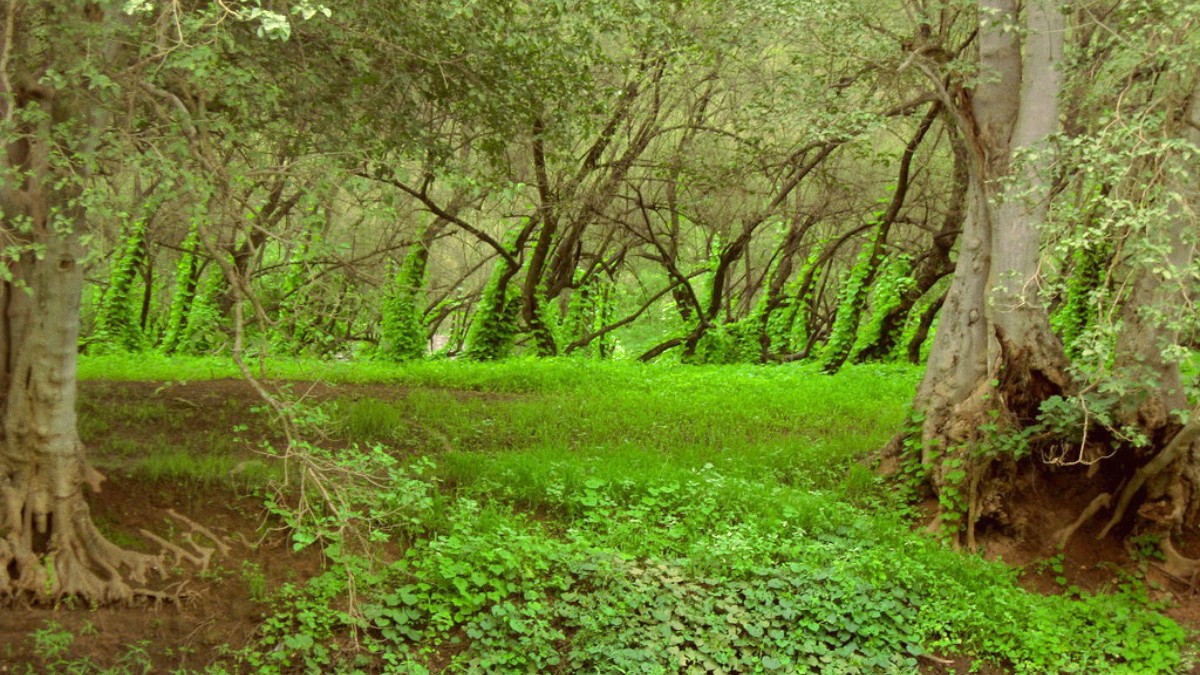
Dhofar, Oman
Jabal Samhan Nature Reserve shelters the Arabian Leopard. Coastal Lagoons (Khawr) serve as important wetlands for migratory birds. UNESCO sites like Wadi Dawkah protect frankincense trees. Oman actively pursues marine conservation.
Waste management makes progress, but recycling infrastructure is not as comprehensive as in some Western countries. Reduce waste by using a Reusable water bottle and a Reusable shopping bag. Dispose of all waste in designated bins. Do not litter.
Water is a valued resource in Oman. Be aware of water use, particularly in hotels. Choose shorter showers and reuse towels as appropriate. Consider Reusable products from Package Free Shop.
Your actions and choices shape your travel experience.
Oman places a high value on preserving its cultural heritage. This appears evident in the restoration of forts, traditional souqs, and the promotion of Omani crafts and arts.
Dress modestly in public areas. Learn a few basic Arabic phrases; locals appreciate the effort. Pay respect to local customs and traditions, especially during religious holidays and prayer times.
Always ask for permission before taking photos of individuals, especially women. A refusal is common. Avoid photographing private residences. Be discreet in religious sites and avoid interrupting worship.
Dress modestly (shoulders and knees covered for both men and women, headscarf for women). Remove shoes before entering. Maintain silence and respect worshippers.
Consider donating to reputable Carbon offset programs to lessen flight environmental effects.
Learn MoreChoose tour operators that focus on responsible tourism, follow "Leave No Trace" principles, and show dedication to local community support. This approach lessens impact and broadens local advantages.
Your travel choices can directly support the local economy and communities.
These initiatives are making progress. Seek opportunities to connect with local communities through small-scale tours or by purchasing items directly from local artisans.
Purchase souvenirs and crafts directly from local artisans in the souqs. This ensures your money directly benefits them. Be wary of mass-produced items that might not source locally.
Choose locally owned restaurants, cafes, and shops over international chains. Hire local guides for tours and excursions; their knowledge and services support the local economy.
Avoid engaging in any activities that exploit animals (e.g., unregulated animal shows, unethical camel rides). Do not give money to beggars; if you wish to help, contribute to reputable local charities instead.
Your travel choices help shape the local economic landscape. Support businesses and practices that honor both the community and the environment.
Directly purchase crafts and souvenirs from artisans to support their livelihoods.
Inquire about environmental policies at hotels and resorts, prioritizing those with sustainable practices.
Choose tour operators with a strong commitment to responsible tourism and community engagement.
Be aware of activities that might exploit animals or individuals. Prioritize responsible and ethical tourism at all times.
Choose tour operators that focus on small group travel and cultural exchange. This approach lessens impact and broadens local advantages.